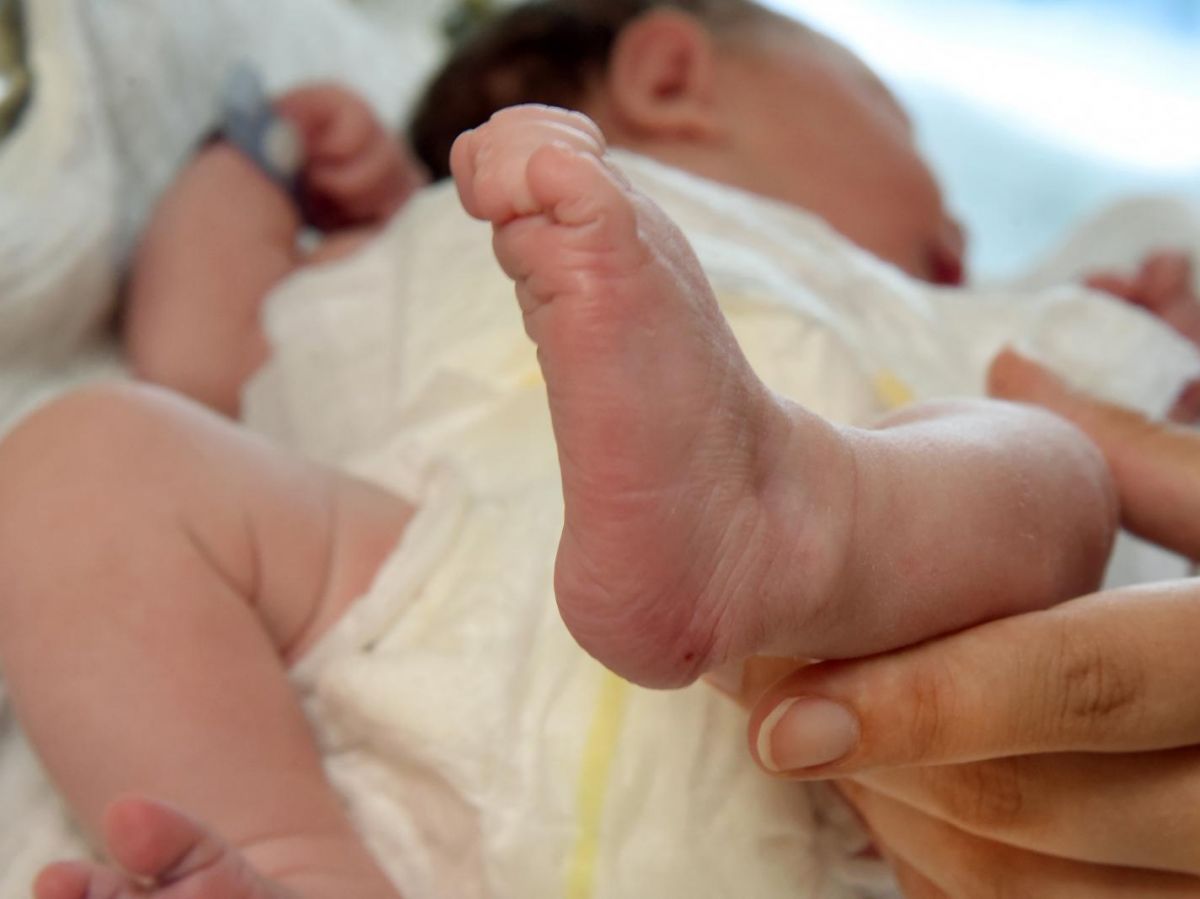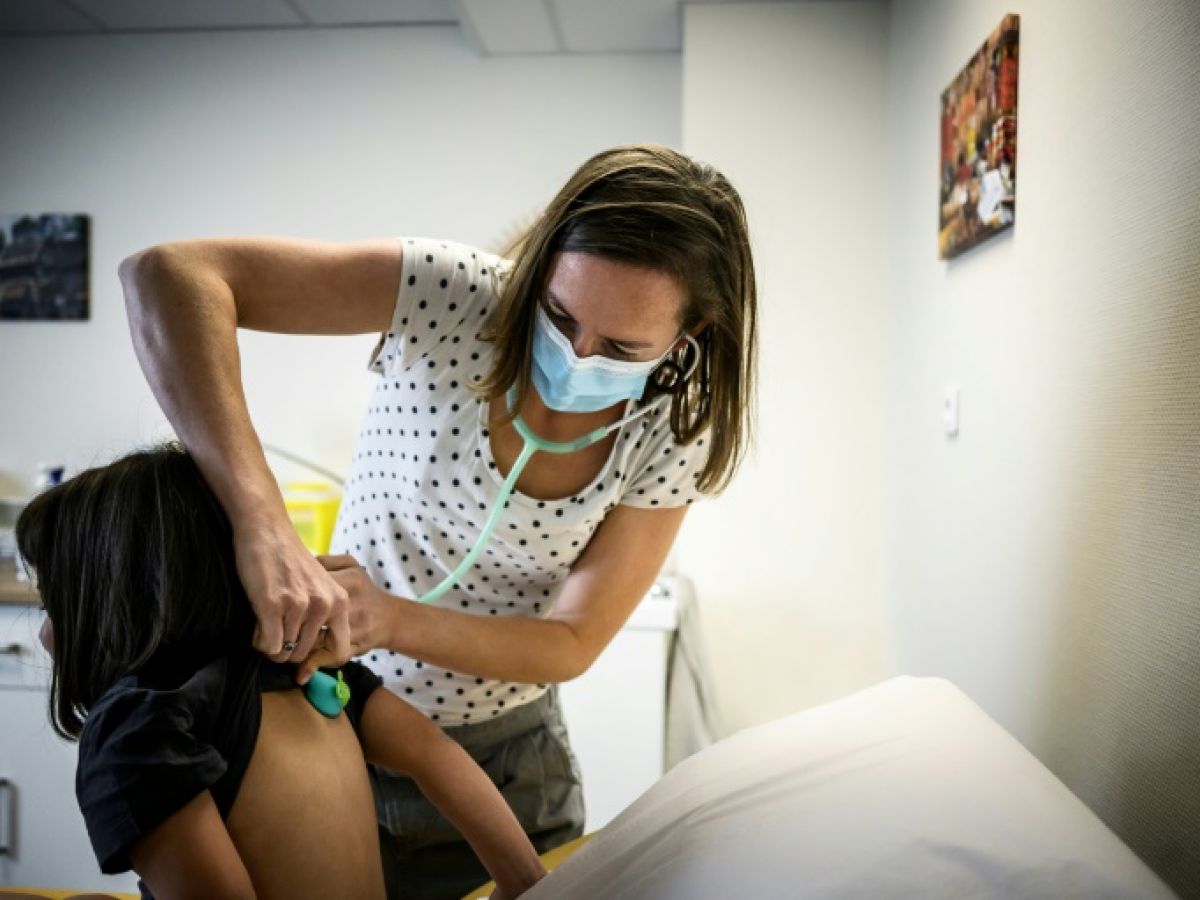Early detection and treatment of 16 serious childhood illnesses will now be possible. This is good news for families in the making because, long awaited, the national newborn screening program, established in 1972, is finally evolving.
Announced in July 2024, the addition of infantile spinal muscular atrophy to the list of genetic diseases was in fact slow to find its implementing decree. This is now a reality and from September 2025, this condition will be screened for alongside two other diseases: combined immunodeficiencies (SCID) and very long chain acyl-coenzyme A dehydrogenase deficiency (VLCAD). Good news for more than 700,000 children are born in France each year.
From serious illnesses to existing treatments
This expansion of screening is, as the Ministry of Health points out, consistent with the 4the rare disease plan 2025-2030 And This brings to 16 the number of serious illnesses, invisible at birth but now detectable, for which treatments are sometimes available, all the more effective when administered early.
This number is obviously likely to increase depending on the future opinions issued by the High Authority for Health (HAS) on new screenings and it is already necessary to add to this that of permanent neonatal deafness. This advancement pursues a simple goal: to improve care by reducing the occurrence and severity of symptoms.
Read alsoPatient with rare Castleman disease saved by AI-identified drug
Free screening carried out after parental consent
Because preventive therapeutic methods currently exist: early screening actually provides real benefits to newborns, allowing for appropriate and specialized care as early as possible. In practice, a few drops of blood taken from the heel or the back of the hand are placed on a blotting paper.
Systematically offered and carried out after parental consent, screening is carried out free of charge, most often in maternity wards but sometimes at home, within three days of birth. Its results are then only communicated to the parents in the event of a problem and are always verified by another check-up.
To find out more: What is newborn screening in practice?


